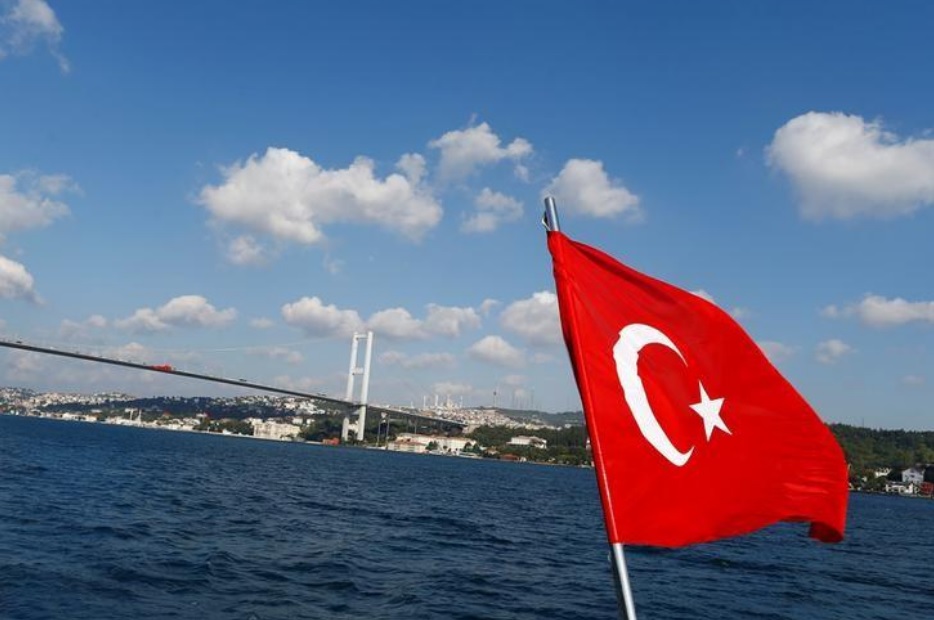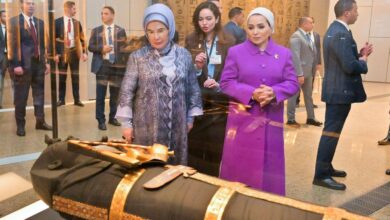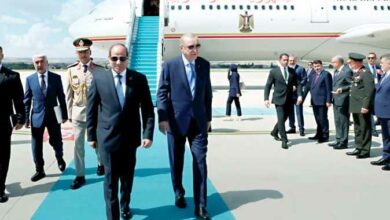ANKARA, Turkey – Separatist Kurdish rebels killed 13 Turkish soldiers and wounded seven others Thursday in a rare dayside ambush in southeastern Turkey, the deadliest attack on troops in more than three years.
The ambush near the village of Dolapdere in southeastern Diyarbakir province prompted Prime Minister Recep Tayyip Erdogan to hold an emergency meeting in the Turkish capital of Ankara with top military and intelligence officials.
A Kurdish rebel ambush in October 2007 had left 12 soldiers dead along the Turkish-Iraqi border and triggered a weeklong air and ground assault in early 2008 against Kurdish rebel bases in northern Iraq. That was the last major incursion by the Turkish military.
Kurdish rebels periodically cross the border to stage attacks in their war for autonomy for Turkey's predominantly Kurdish southeast. Nearly 40,000 people have died in the conflict since the rebels launched their first armed attack in 1984.
NTV television, without citing sources, said at least five Kurdish rebels were also killed in the clashes, and military helicopters were ferrying more troops to the area.
"The operations are still under way," Gov. Mustafa Toprak of Diyarbakir told the state-run Anatolia news agency. "We have 13 martyrs and seven wounded."
At least two of the wounded soldiers were in critical condition, Anatolia reported.
The attack is expected to escalate tensions in the Kurdish-dominated southeast, where frequent clashes and violent protests have undercut reconciliation efforts.
Earlier Thursday, Kurdish rebels kidnapped two workers building a military outpost in the eastern province of Tunceli – the second kidnapping by Kurdish rebels in less than a week. The guerillas also kidnapped other three people, including two soldiers, after stopping them at a roadblock Saturday in the country's southeast.
In May, the imprisoned leader of the PKK, Abdullah Ocalan, had warned that his forces would unleash a "big war" by 15 July if Turkey refuses to negotiate an end to the decades-old conflict following national elections in June.
Ocalan remains a powerful symbol to his fighters, who revere him. Turkish leaders have confirmed some communications between state officials and Ocalan seeking a way to end the fight with autonomy-seeking Kurdish rebels. But they refuse to negotiate with the rebels, who are branded as terrorists by Turkey and the West.
The attack Thursday came hours after lawmakers from a pro-Kurdish party and the government failed to reach a consensus to end a boycott of parliament by Kurdish deputies.
Kurdish lawmakers say they will not take their oath of office until five pro-Kurdish lawmakers who are facing charges of ties to Kurdish rebels are released from jail.
Parliament Speaker Cemil Cicek reacted angrily to the rebel attack.
"It is a violent act," NTV television quoted Cicek as saying. "Everyone should determine their stand, either we choose democracy or those who spit blood."
Selahattin Demirtas, a senior Kurdish lawmaker, blamed the political deadlock for the increase in violence.
Kurdish politicians are pushing for greater cultural and political rights for Kurds, who make up around 20 percent of Turkey's 74 million people. Turkey is a developing democracy with a track record of reform but the Kurdish issue continues to be a major obstacle to domestic peace.




